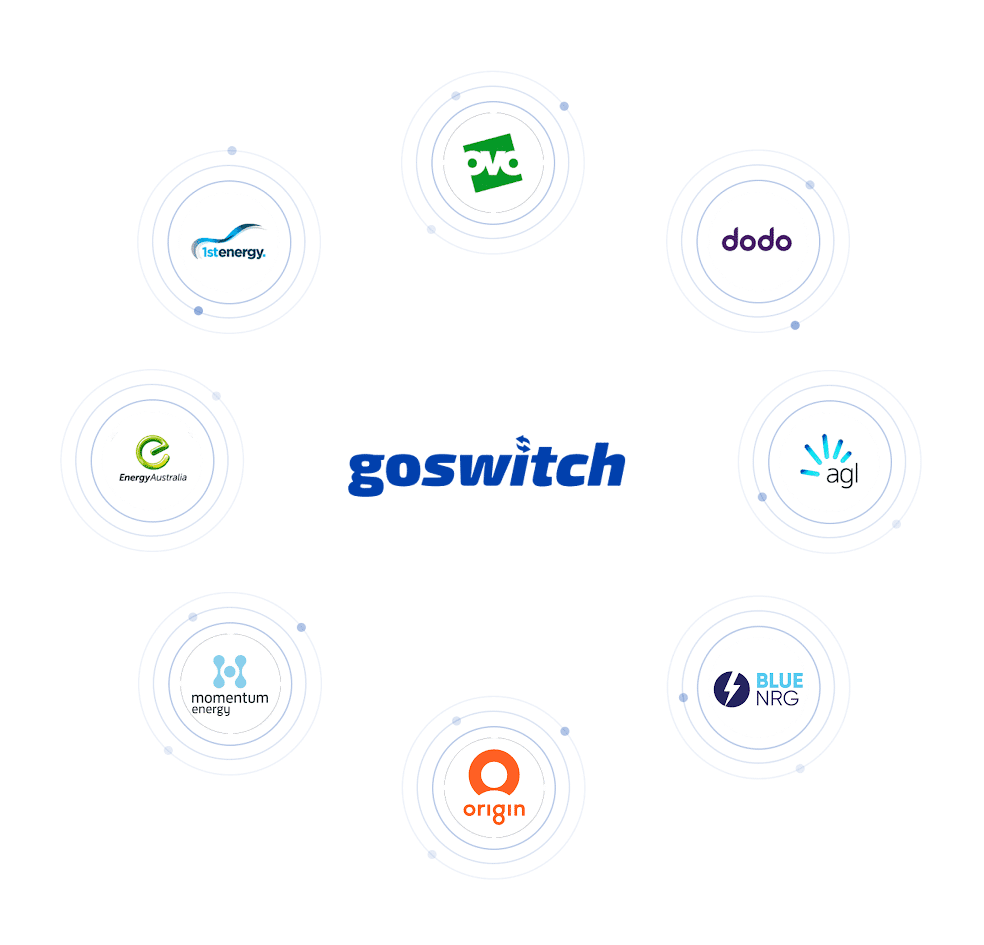Are you paying too much for electricity on the Sunshine Coast? While understanding the average annual electricity bill is helpful, remember that your specific plan and provider determine your final costs.
The Australian Energy Regulator oversees the market, but different energy plans offer a wide range of rates and potential savings. Even if your bill seems within the average range, there might be better deals out there, potentially even on your average gas bill.
We at GoSwitch encourage you to take a moment to review your electricity bills. Our easy-to-use comparison tools allow you to compare and contrast different electricity plans. Switching providers could lead to better rates and lower energy costs, keeping more money in your pocket each year.

 9,762 reviews on
9,762 reviews on 







